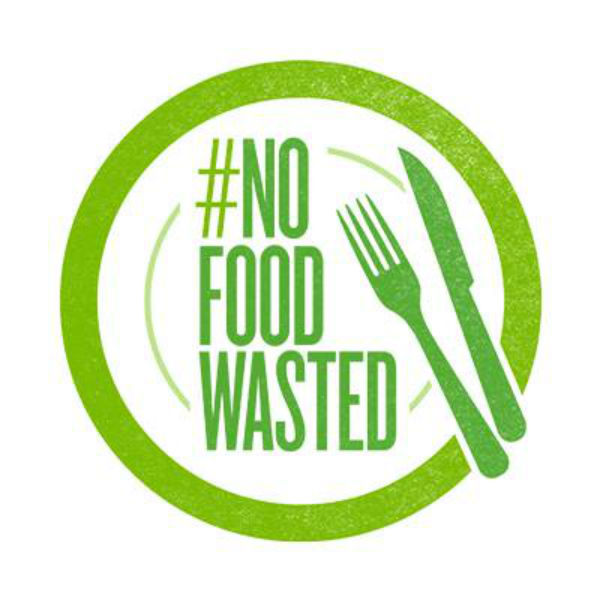The U.S. Department of Agriculture (USDA), the U.S. Environmental Protection Agency (EPA), and the U.S. Food and Drug Administration (FDA) announced a new partnership with the Food Waste Reduction Alliance, the latest effort in the Winning on Reducing Food Waste Initiative launched by the three federal agencies in 2018.
Through this Memo of Understanding, USDA, EPA, and FDA will formalize industry education and outreach efforts with The Grocery Manufacturers Association, the Food Marketing Institute, and the National Restaurant Association, the three founding partners of the Food Waste Reduction Alliance (FWRA). The FWRA represents three major sectors of the supply chain: food manufacturing, retail, and restaurant and food service. The Alliance pursues three goals: reducing the amount of food waste generated; increasing the amount of safe, nutritious food donated to those in need; and diverting food waste from landfills.
“USDA shares many common goals with the Food Waste Reduction Alliance, including our belief in the power of teamwork,” said U.S. Secretary of Agriculture Sonny Perdue. “We are proud to join this public-private partnership to prompt action throughout the food system.”
“EPA is proud to build upon the Winning on Reducing Food Waste Initiative through this partnership with leaders of the Food Waste Reduction Alliance,” said EPA Administrator Andrew Wheeler. “Reducing food loss and waste has many environmental and social benefits. By collaborating with these major segments of the food supply chain, we are making progress toward the national goal to reduce food loss and waste by 50% by 2030.”
“The FDA strongly supports our shared goal of reducing the amount of food that Americans waste through important efforts like today’s agreement,” said Acting FDA Commissioner Ned Sharpless, M.D. “The issues of food waste and food safety go hand in hand and we will continue to work with our federal partners and other stakeholders on enhancing our efforts to reduce food waste and do it safely. We are committed to doing all that we can to support safe and sound food policy decisions that are good for our families, good for our communities, and good for our planet.”
Federal officials shared the news today at the 2019 Food Waste Summit, hosted by ReFED, a nonprofit that uses a data-driven approach to combat food loss and waste. At the event, federal officials also recognized the growing cadre of U.S. Food Loss and Waste 2030 Champions, a group of corporations and organizations that have made a public commitment to reduce food loss and waste in their U.S. operations by 50% by the year 2030. EPA, FDA and USDA also released a Public Service Announcement video discussing the importance of reducing food loss and waste.
In the U.S., more than one-third of all available food goes uneaten through loss or waste. Food is the single largest type of waste in our daily trash. In recent years, great strides have been made to highlight and mitigate food loss and waste, but the work has just begun. When food is tossed aside, so too are opportunities for economic growth, healthier communities, and environmental protection – but that can change through partnership, leadership, and action.
The Winning on Reducing Food Waste Initiative is a collaborative effort among USDA, EPA, and FDA to reduce food loss and waste through combined and agency-specific action. Individually and collectively, these agencies contribute to the initiative, encourage long-term reductions, and work toward the goal of reducing food loss and waste in the United States. These actions include research, community investments, education and outreach, voluntary programs, public-private partnerships, tool development, technical assistance, event participation, and policy discussion.
For more information on the Winning on Reducing Food Waste Initiative, visit:














